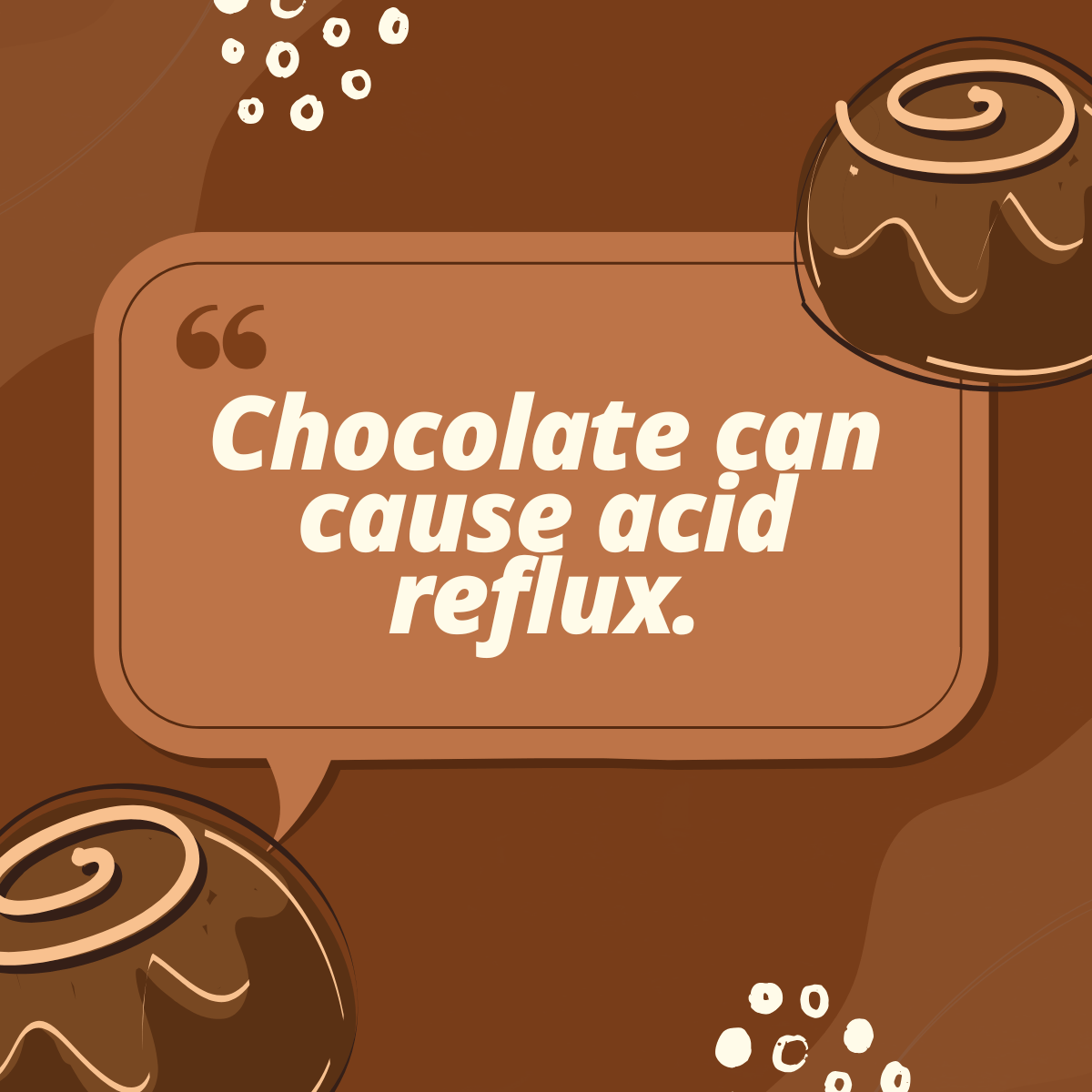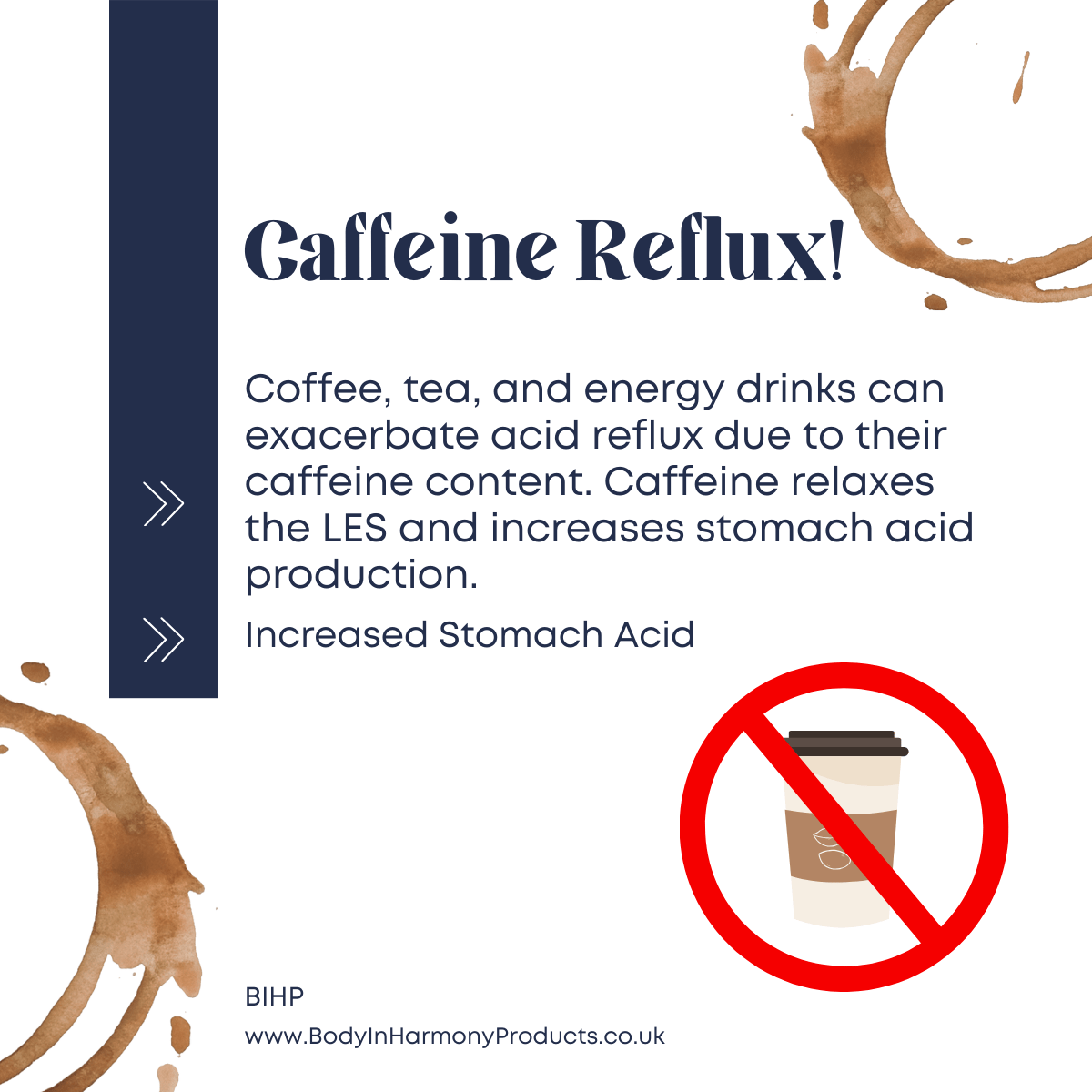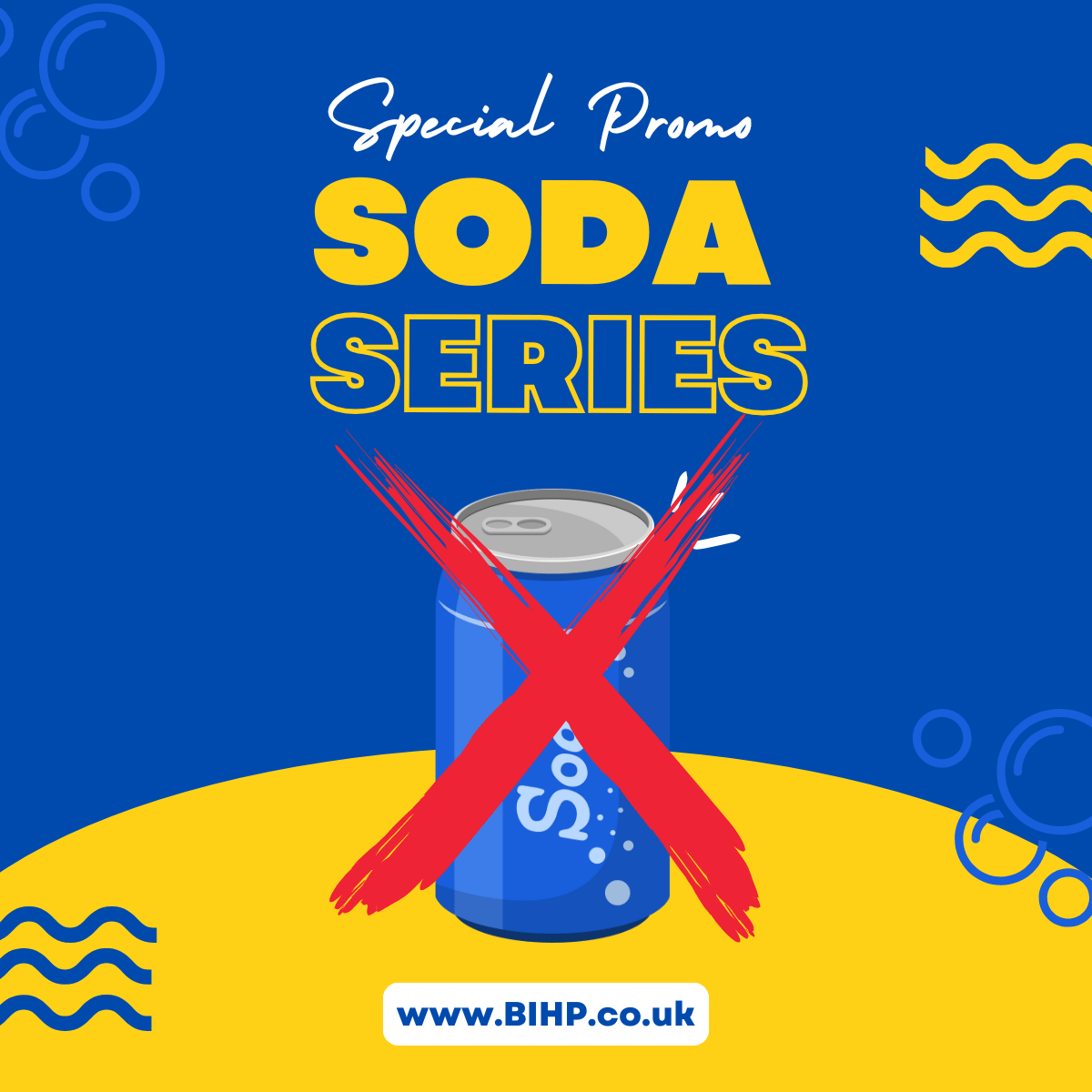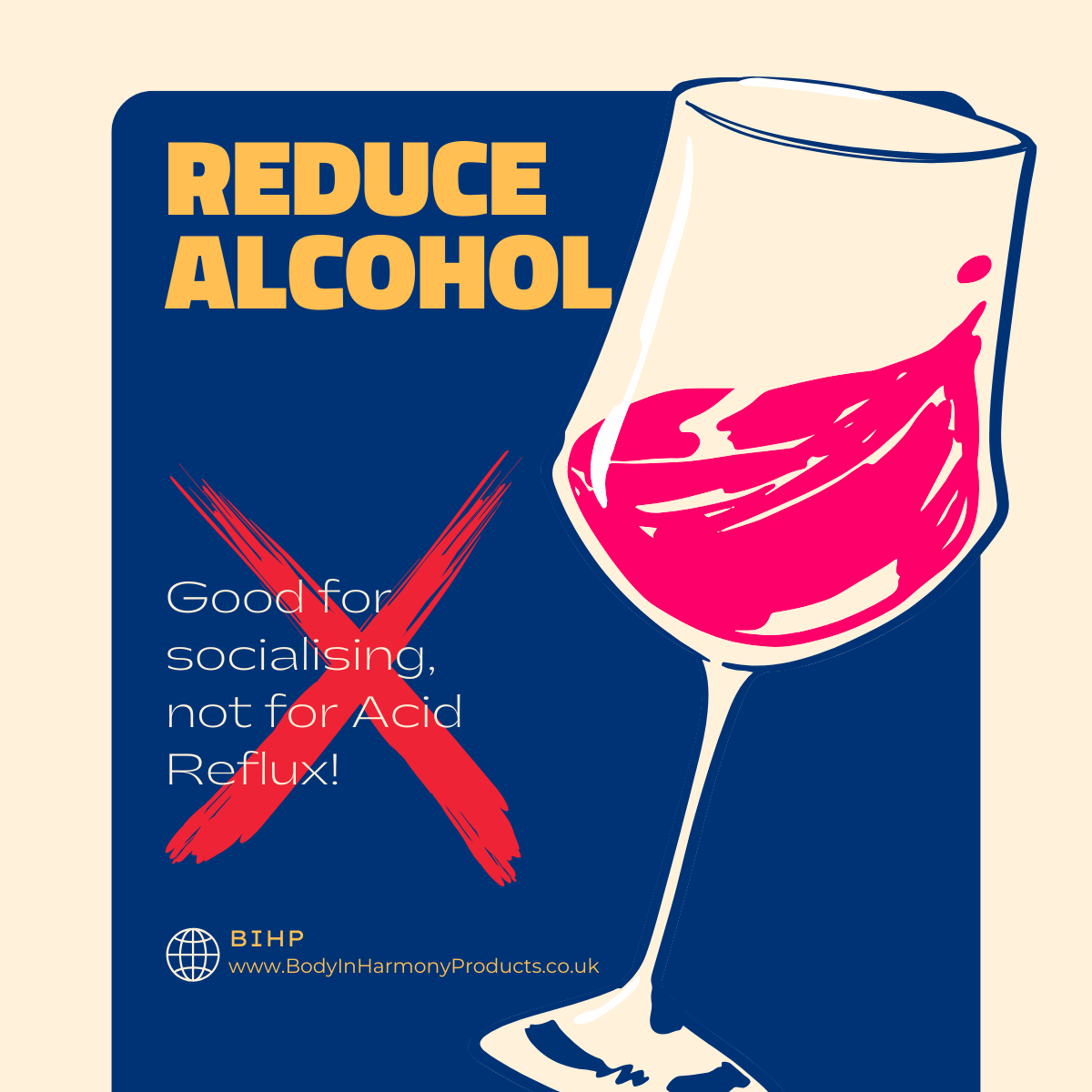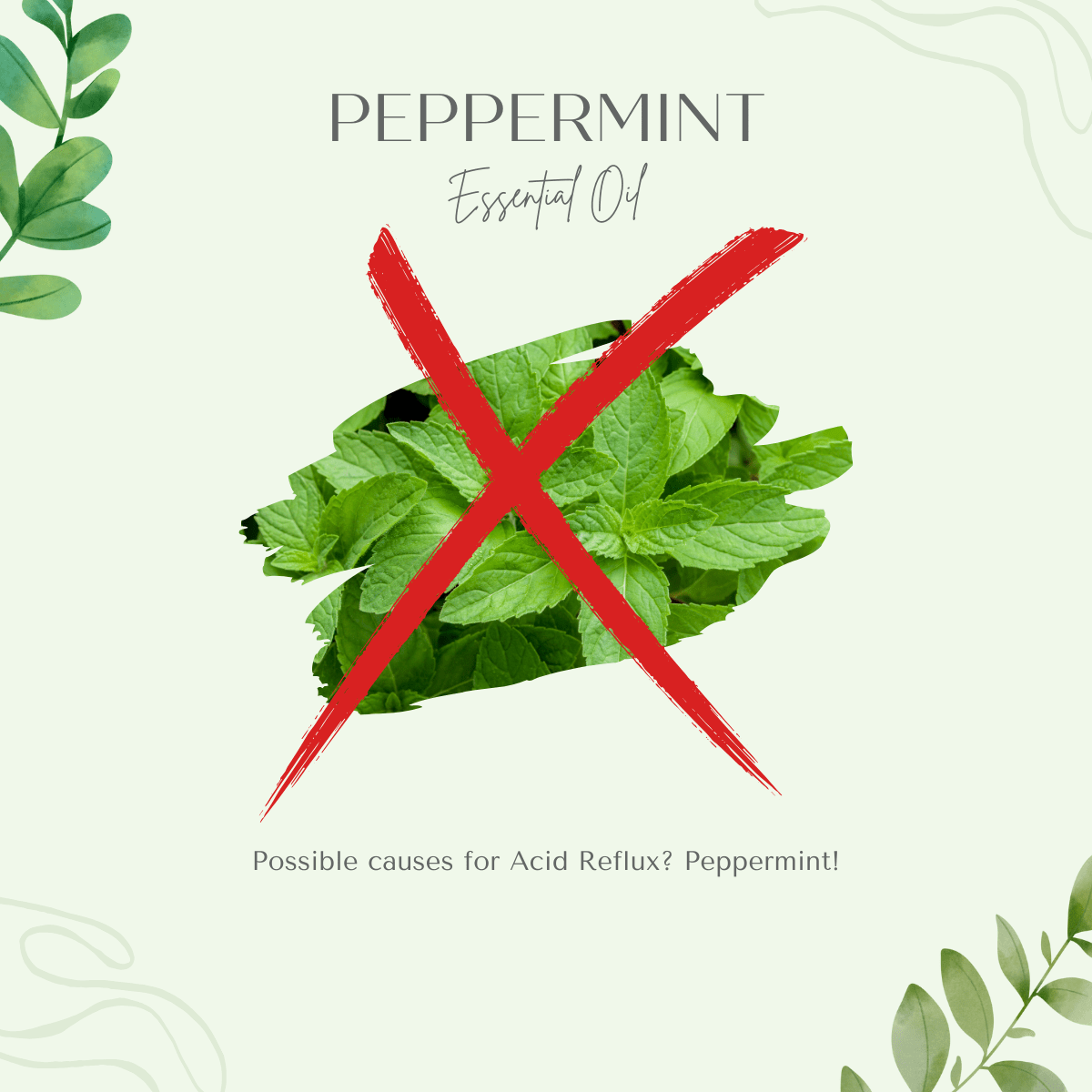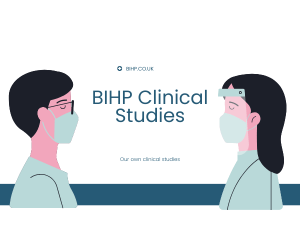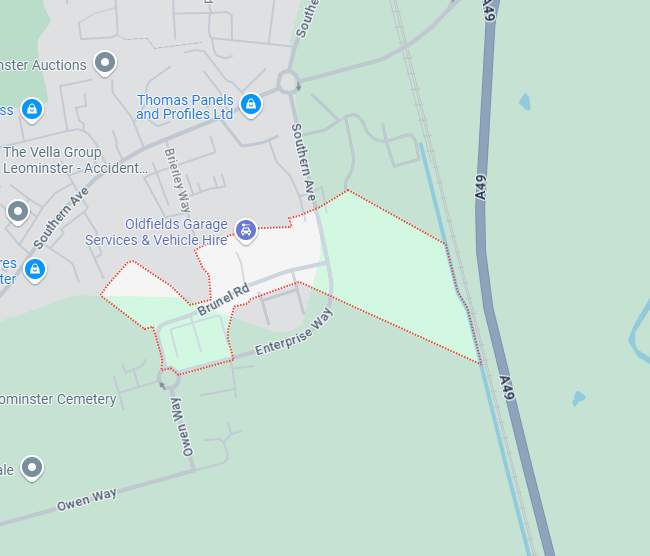Acid reflux is a painful and often persistent condition that affects millions worldwide. The burning sensation in your chest, also known as heartburn, occurs when stomach acid backs up into the oesophagus.
While occasional acid reflux is common, frequent episodes can lead to more serious conditions, such as gastroesophageal reflux disease (GERD).
One of the biggest culprits behind acid reflux? Your diet.
Certain foods weaken the lower oesophageal sphincter (LES), allowing acid to escape into the oesophagus, causing discomfort and damage over time. If you’re struggling with heartburn, avoiding these trigger foods is essential.
Below, we break down the 10 worst foods for acid reflux and offer alternative options to help keep symptoms at bay.
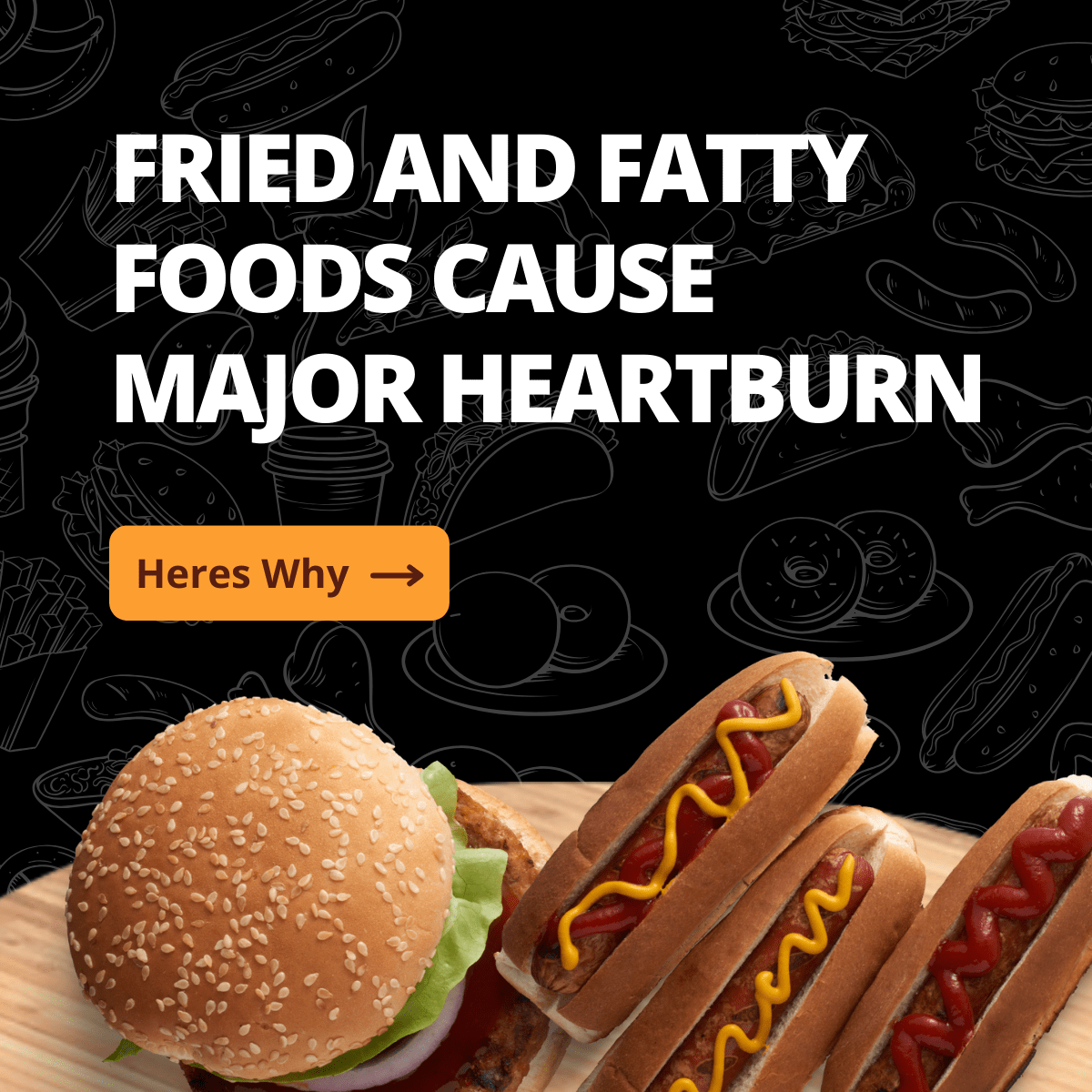
Fried and Fatty Foods: A Recipe for Heartburn
Fried and fatty foods are some of the worst offenders when it comes to acid reflux. These foods take longer to digest, increasing the pressure on the stomach and causing acid to back up into the oesophagus.
Why They Cause Acid Reflux:
- High-fat content relaxes the LES, making it easier for acid to escape.
- They slow down digestion, increasing the likelihood of acid build-up.
- Fried foods contain unhealthy trans fats, which contribute to inflammation.
Common Culprits:
French fries
Fried chicken
Potato chips
Onion rings
High-fat cuts of meat
Better Alternatives:
Grilled or baked chicken instead of fried chicken
Roasted sweet potatoes instead of French fries
Air-popped popcorn instead of greasy chips
Spicy Foods: The Heat That Burns Twice
Spicy foods are notorious for triggering acid reflux. Ingredients like chili peppers contain capsaicin, which irritates the esophagus and weakens the LES.
Why They Cause Acid Reflux:
- Capsaicin slows digestion, increasing acid production.
- Spicy foods can irritate an already inflamed esophagus.
Common Culprits:
Hot sauce
Jalapeños
Chili powder
Spicy curries
Buffalo wings
Better Alternatives:
Mild herbs like basil, oregano, or thyme for flavour
Bell peppers instead of hot peppers
Turmeric and ginger for anti-inflammatory benefits
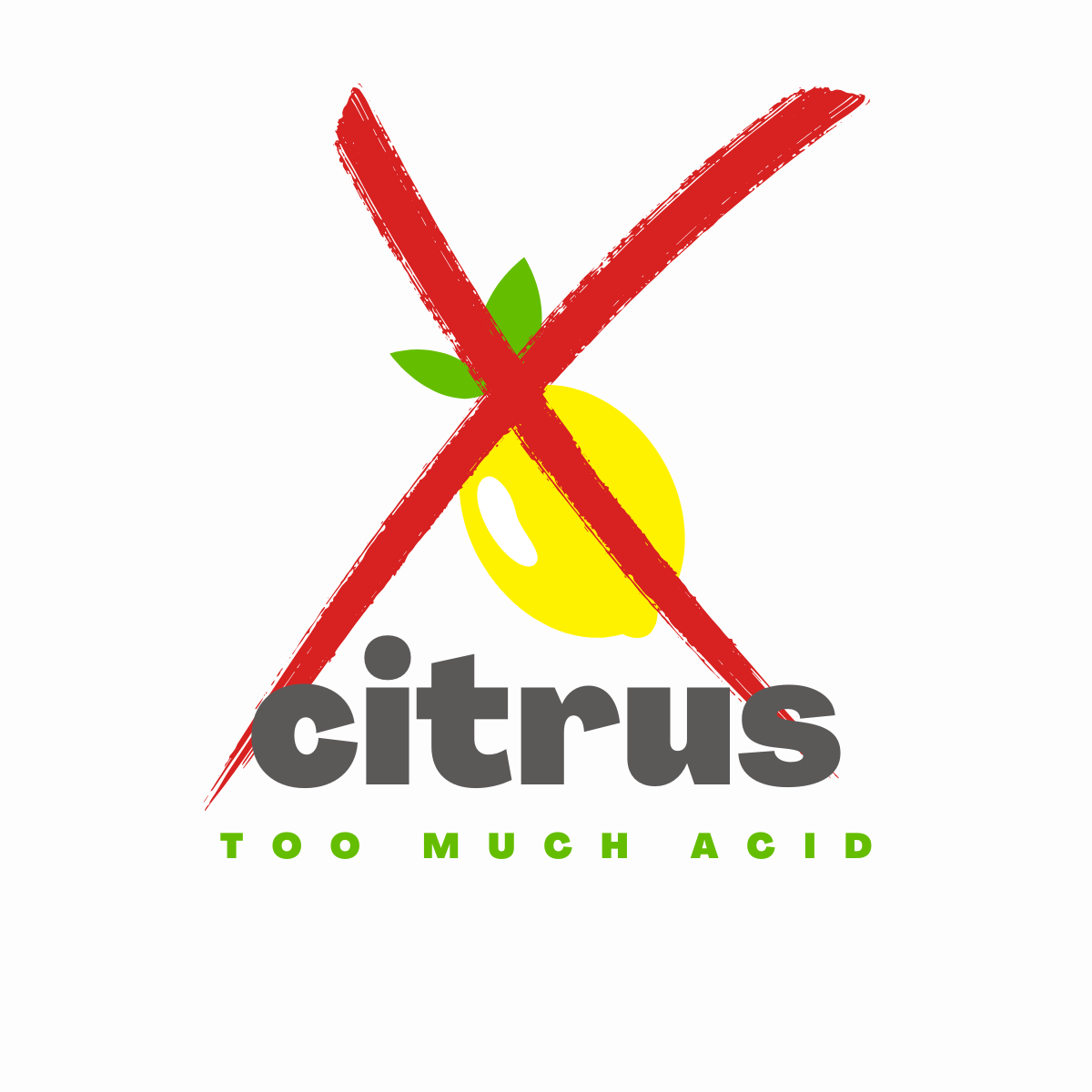
Citrus Fruits: Too Much Acid on Acid
Citrus fruits might be packed with vitamins, but they are highly acidic. Consuming them can irritate the esophagus and worsen reflux symptoms.
Why They Cause Acid Reflux:
Their high acidity increases stomach acid levels.
- Citrus weakens the LES, leading to acid backflow.
Common Culprits:
Oranges
Lemons
Limes
Grapefruits
Pineapples
Better Alternatives:
Bananas, which have a natural antacid effect
Melons like cantaloupe and honeydew
Apples and pears, which are lower in acidity
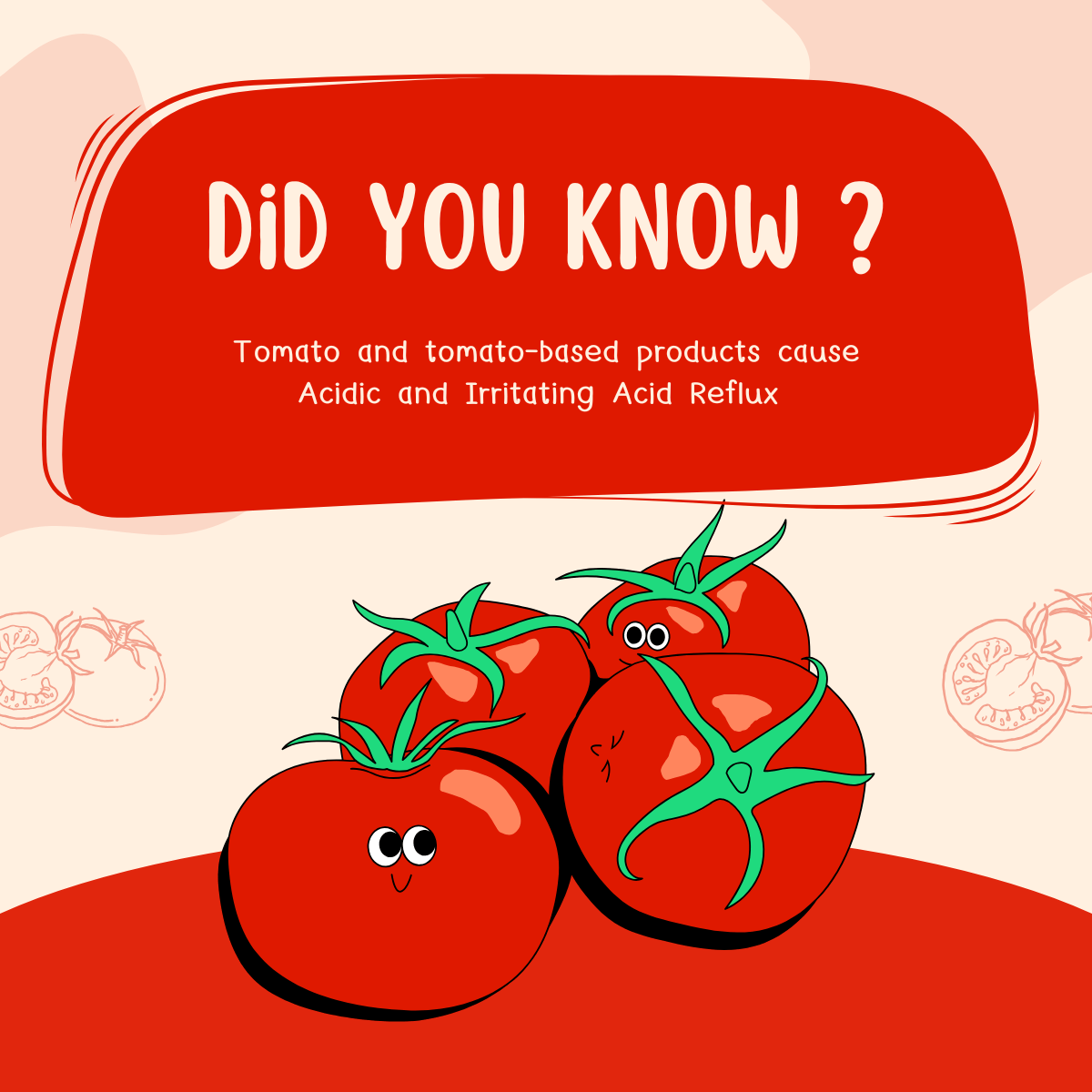
Tomatoes and Tomato-Based Products: Acidic and Irritating
Tomatoes are another highly acidic food that can lead to severe acid reflux symptoms. Whether in raw form or as a sauce, they contribute to irritation and acid build-up.
Why They Cause Acid Reflux:
- High natural acidity irritates the esophagus.
- Tomato-based sauces often contain added spices and fats, making them even worse.
Common Culprits:
Marinara sauce
Ketchup
Salsa
Tomato soup
Pizza sauce
Better Alternatives:
Pesto or olive oil-based sauces for pasta
Hummus or guacamole as a dip instead of salsa
Roasted red peppers for a less acidic alternative
Chocolate: A Sweet But Dangerous Treat
Chocolate may be a comfort food, but it’s a nightmare for acid reflux sufferers. The combination of caffeine, fat, and theobromine (a compound that relaxes the LES) makes it a perfect storm for heartburn.
Why It Causes Acid Reflux:
- Contains caffeine and theobromine, which relax the LES.
- High in fat, slowing digestion.
- Can trigger increased acid production.
Common Culprits:
Milk chocolate
Chocolate cake
Chocolate ice cream
Hot cocoa
Better Alternatives:
Dark chocolate in small amounts (lower sugar and fat)
Carob-based sweets
Vanilla or fruit-based desserts
Caffeinated Beverages: The Hidden Acidic Enemy
Coffee, tea, and energy drinks can exacerbate acid reflux due to their caffeine content. Caffeine relaxes the LES and increases stomach acid production.
Why They Cause Acid Reflux:
- Caffeine weakens the LES.
- Many caffeinated drinks are acidic.
- They can stimulate stomach acid overproduction.
Common Culprits:
Coffee
Black tea
Energy drinks
Certain sodas
Better Alternatives:
Herbal teas like chamomile or ginger tea
Decaf coffee (in moderation)
Water with a splash of lemon (for those who can tolerate it)
Carbonated Drinks: Bubbles That Bring the Burn
Energy drinks, Sodas and sparkling water might seem harmless, but they can increase pressure on the stomach, pushing acid into the esophagus.
Why They Cause Acid Reflux:
- Carbonation expands the stomach, forcing acid upward.
- Many sodas contain caffeine and high acidity.
Common Culprits:
Cola drinks
Club soda
Sparkling water
Champagne
Better Alternatives:
Plain water or infused water with cucumber or mint
Coconut water for hydration without acid build-up
Alcohol: A Double Threat to Digestion
Alcohol is one of the worst triggers for acid reflux. It weakens the LES and increases stomach acid production, making symptoms worse.
Why It Causes Acid Reflux:
- Alcohol relaxes the LES.
- Some drinks are highly acidic (wine, beer).
- It increases acid production in the stomach.
Common Culprits:
Red and white wine
Beer
Cocktails with citrus or soda mixers
Hard liquor
Better Alternatives:
Mocktails made with herbal teas
Non-alcoholic beers (in moderation)
Diluted apple cider vinegar for digestive health
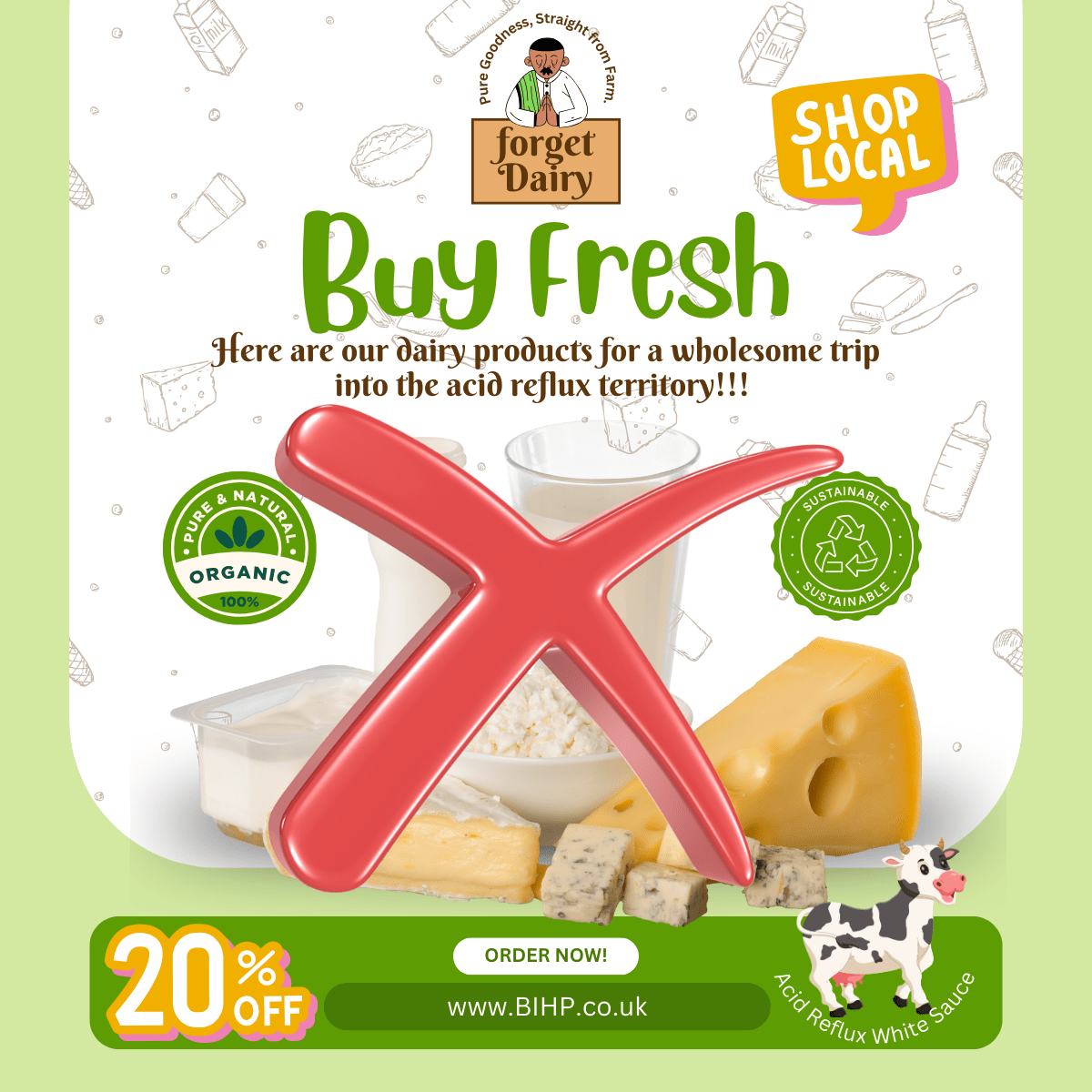
Dairy Products: Creamy but Troublesome
Many people experience acid reflux after consuming dairy, particularly high-fat versions. Full-fat dairy products relax the LES and increase acid production.
Why They Cause Acid Reflux:
- High fat content slows digestion.
- Some people are lactose intolerant, leading to bloating and reflux.
Common Culprits:
Whole milk
Heavy cream
Cheese (especially aged cheeses)
Ice cream
Better Alternatives:
Low-fat or plant-based dairy alternatives
Almond or oat milk instead of whole milk
Greek yogurt in moderation
Peppermint: A Surprising Culprit
Peppermint is often used to soothe digestive issues, but it actually relaxes the LES, making acid reflux worse.
Why It Causes Acid Reflux:
- Relaxes the LES too much.
- Increases acid flow into the esophagus.
Common Culprits:
Peppermint tea
Mint candies
Chewing gum with peppermint flavour
Better Alternatives:
Ginger tea for digestion
Fennel seeds for bloating relief
Chamomile tea to calm the stomach
Final Thoughts: Protect Your Gut, Choose Wisely
If you struggle with acid reflux, avoiding these foods can make a significant difference. Opting for healthier, low-acid, and easily digestible alternatives can help you manage your symptoms and improve your overall well-being.
FAQs
1. Can drinking water help with acid reflux?
Yes, drinking water can help neutralize stomach acid, but too much at once can expand the stomach and worsen symptoms.
2. Are eggs bad for acid reflux?
Egg whites are generally safe, but egg yolks are high in fat and may trigger reflux.
3. How long does acid reflux last after eating?
Symptoms usually appear within 30 minutes to 2 hours after eating and can last for a few hours.
4. Is honey good for acid reflux?
Yes, honey has anti-inflammatory properties that may help soothe the oesophagus.
5. Can probiotics help with acid reflux?
Yes, probiotics support gut health and may reduce reflux symptoms over time.


